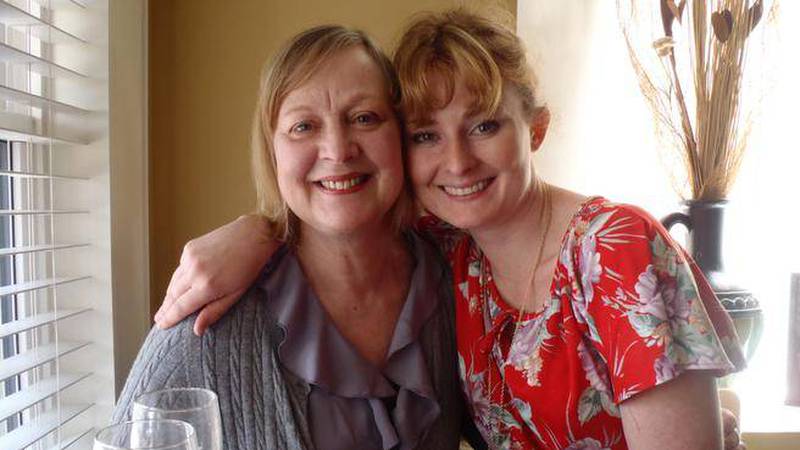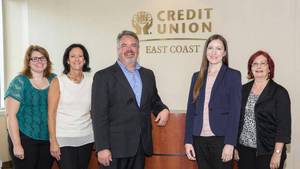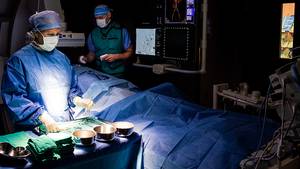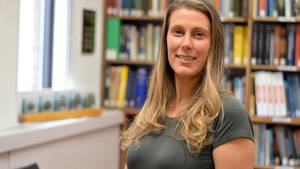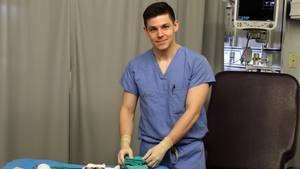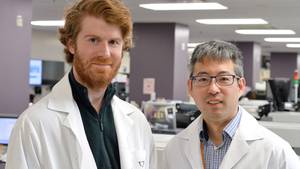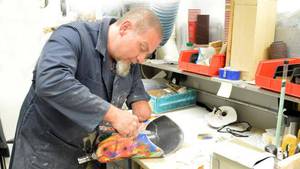Jenn Grant and her brother Daniel briefly left their mother, Heather, in her final stages of cancer, alone in her hospital room at the QEII.
“One day we went downstairs to get a coffee, and when we came back up, she had this look of peace and serenity,” Jenn says.
Jenn and Daniel exchanged puzzled looks. In their absence, their mother had been visited by David Maginley, one of six QEII chaplains.
Jenn says he quickly fit into their close-knit family and turned a frightening experience into something special. “We were open to spiritual care, but we didn’t know how invaluable it would be for us,” Jenn says.
“In our family, we look at it like our mother made a transition, and now she’s a part of the universe, part of everything.
David kept uniting us as a family,” Jenn says. “There were moments when we would be falling apart, and he would give us a focus point, to focus on a positive — that we get to experience it with her, and that she’s surrounded by people she loves.”
David acknowledges that when cancer patients see a chaplain walk in, they think the worst: “Oh, I’m dying. It must be really bad,” he says. “While chaplains are there to support people during the dying process, we fundamentally function to help people connect to their inner strength and wisdom, to help them cope with their emotions and connect them to their hope and faith.”
David sees about 10 patients every day and is one of four staff chaplains who work together with denominational chaplains to provide spiritual care to patients and families of all faiths as well as those who have none. Requests for spiritual care may be made by patients, families or any member of the patient’s healthcare team.
Patients talk, and chaplains listen, guiding them gently to see the value in their life and to face their fears for the future. “I have no expectations and no desired outcome. I’m not even hoping they’ll feel better after my visit. I simply want to go with them into their own experience, so they can encounter themselves with full authenticity. Your spiritual health is not determined by what you believe; it’s determined by the quality of your love,” says David.
David worked as a Lutheran parish minister for 10 years and as a chaplain for the last decade, specializing in cancer care. He’s survived life-threatening tumours throughout his life so he often draws on his own experience to connect with patients. He calls the work “astounding; the coolest, greatest privilege.”
Chaplains try to meet the person wherever the crisis takes them. “In a healthcare crisis, spirituality is about getting to the raw materials of life,” he says. “The bottom line is: these people are scared. When you can name that fear, hold it compassionately, and help the person connect to their strength and ability to endure, you’ve given them a profound gift.”

